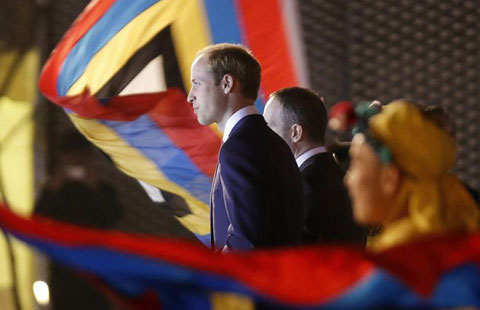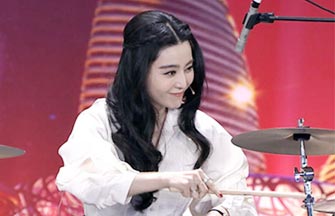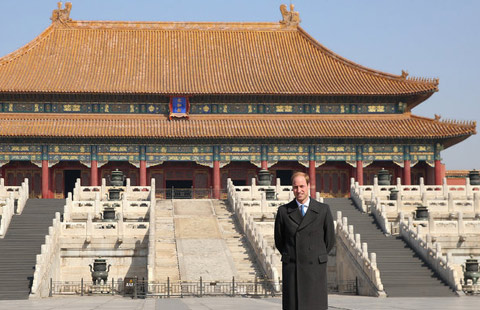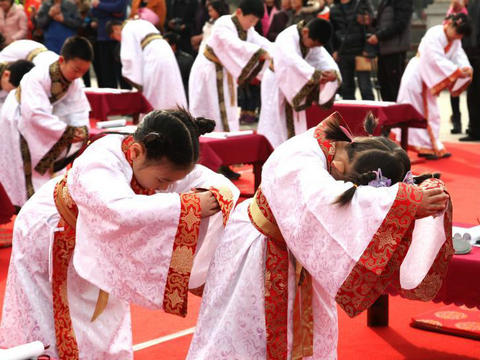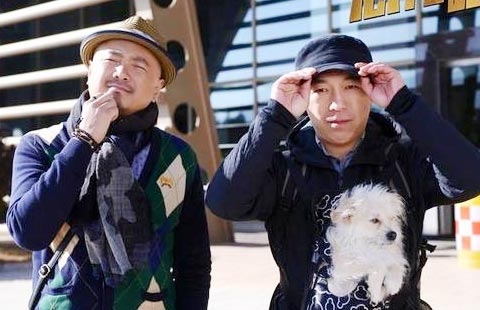Popular TV show not so funny business
By Han Bingbin ( China Daily ) Updated: 2015-03-05 07:48:08The kind of humor that's relatively light and easier to digest often makes use of elements like physical appearances, gender and regional accents that don't require much thinking, he writes.
After all, unlike United States pop culture that is fully mature and is able to consider the more delicate and subtle needs of the society, Chinese pop culture is still in the phase of "extensive development" and not ready to take itself so seriously, says film and TV critic Li Xingwen to China Daily.
Comedy in China already faces many limitations, and artists sometimes find it's easier to use disadvantaged groups as a comic element, Li says.
The rise of audiences' social awareness means they have started to want different types of comedy, says Cheng in his commentary. Chinese audiences' taste in entertainment has also evolved through being exposed to international programs, he says, and therefore the gala needs to update itself in terms of humor.
The good news is, social media and big data mining tools have allowed TV stations to easily detect the changes in audience needs, says Du Zezhuang, founder and analyst with media consultancy Ze Media.
For example, Du adds, many TV shows used to make fun of disabled people, but as dissenting voices grew stronger through social media, such programs have started to fade away.
"There should be more discussion. TV stations should stay open to the supervision of the audience," says Lyu, the female rights activist.
"We believe audiences are able to voice different opinions. The point is whether these opinions can be accepted by the TV makers."
|
|
|
|
|
|
|
|
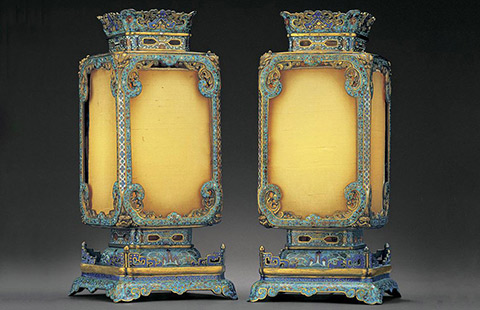
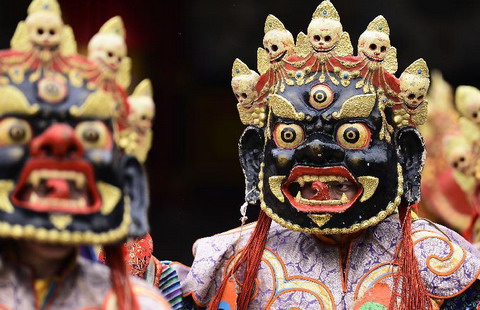

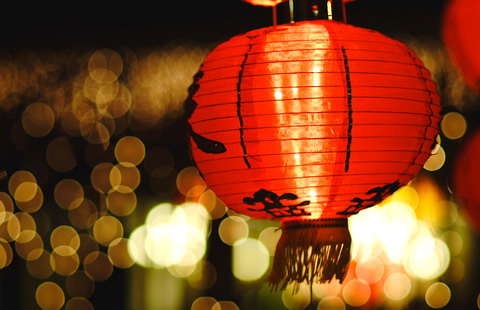
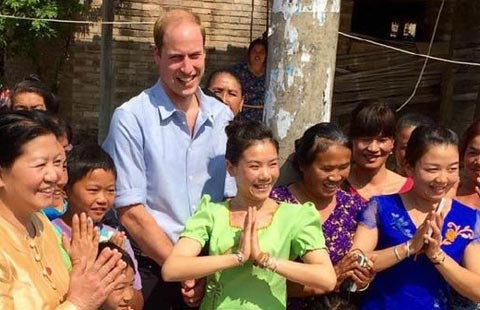
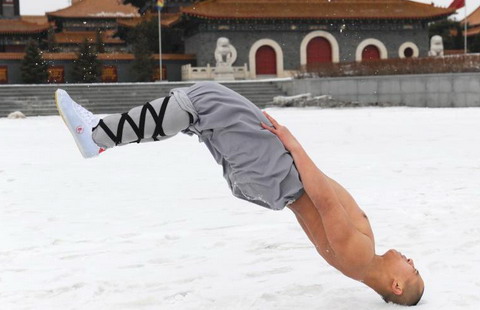
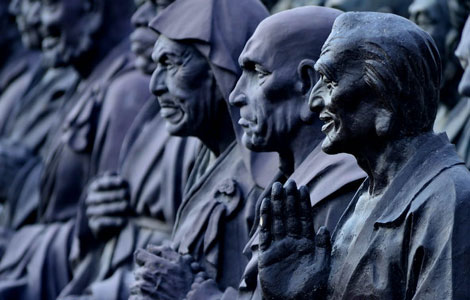
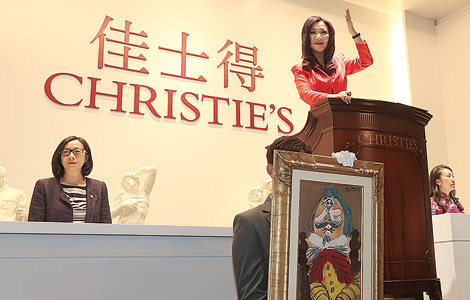

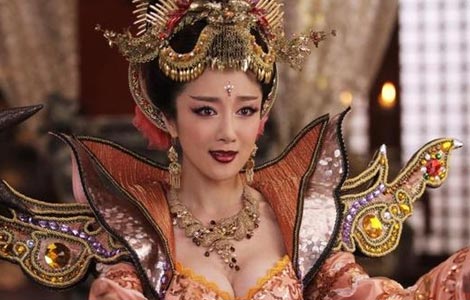

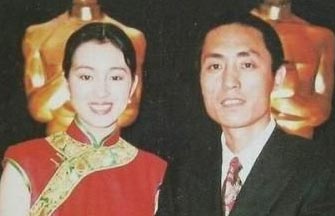



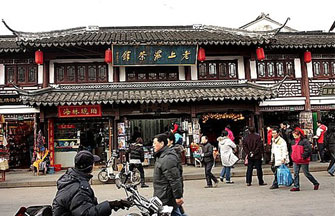


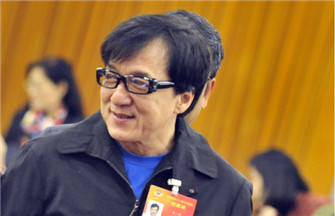

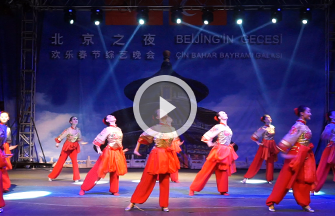

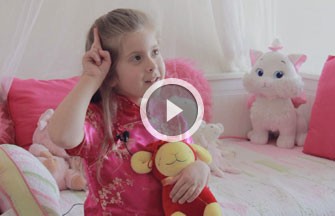
 Raymond Zhou:
Raymond Zhou: Pauline D Loh:
Pauline D Loh: Hot Pot
Hot Pot Eco China
Eco China China Dream
China Dream China Face
China Face
